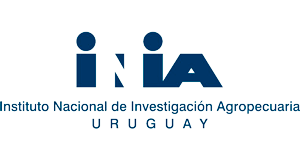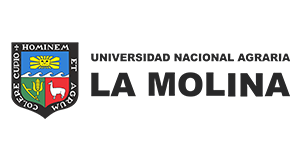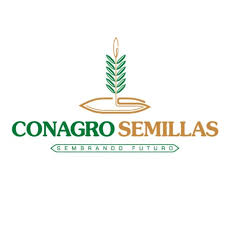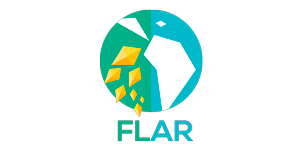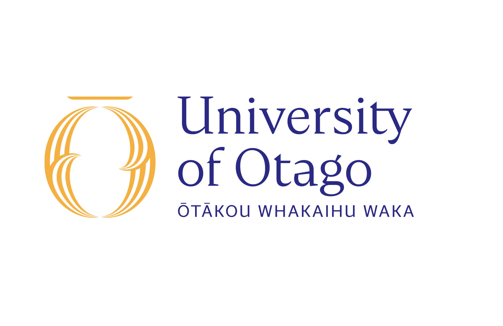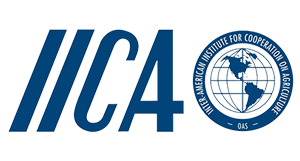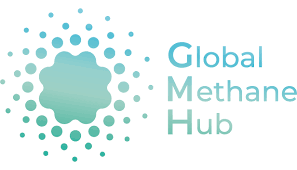Transforming the Measurement of Greenhouse Gas Emissions in Rice Cultivation
In an innovative development for monitoring greenhouse gases in agriculture, the project "Satellite Monitoring of Methane in Latin American Rice Regions" is testing two technologies that will transform GHG measurement in rice cultivation.
Context of the story
Large-scale verification of inventories and mitigation strategies presents a challenge due to the wide spatial distribution and variety of agroecological factors that affect the methane emission footprint of rice cultivation. Verifications have mainly focused on methods based on closed chambers and the Eddy Covariance technique. These methodologies are laborious and can only be applied on a small scale, up to a few meters. Additionally, Eddy Covariance techniques are difficult to implement due to the cost and complexity of the instruments used.
The implemented initiative
The main objective of the project is to strengthen regional capacities for monitoring, reporting, and verification of methane emissions in rice ecosystems through a satellite tool that provides frequent, reliable, and free estimates to the rice community and governments. This project, in turn, has three specific objectives: i) to design AI models based on satellite information to estimate methane emissions in rice ecosystems, ii) to validate the models using field samples acquired in rice regions with contrasting ecosystems and iii) to develop a web platform with open access to the data and knowledge generated within the framework of this project.
The technological solution
The implemented technological solution is based on the use of satellite sensors to monitor methane (CH4) emissions in rice cultivation systems. Satellites have the potential to provide reliable and free data that can be used to analyze spatiotemporal changes at different spatial scales, including regions and countries. The project aims to strengthen regional capabilities for monitoring and verifying these emissions by integrating field data obtained from novel methane sensors with satellite data. The validation results will be presented on a freely accessible web platform, benefiting rice communities and governments by providing frequent, reliable, and free methane emission estimates. This technological solution will contribute to formulating policies to mitigate greenhouse gas emissions and enhance climate resilience among rice farmers in target countries.
"What is not measured, cannot be improved"
Results
1. Standardization of two new methodologies for measuring methane data in rice ecosystems.
2. 260 users trained in new technologies for measuring methane in rice cultivation.
3. A web platform prototype that will be open access for the entire rice-growing community and governments.

 Back to the project
Back to the project Uruguay
Uruguay Panama
Panama Peru
Peru Colombia
Colombia Costa Rica
Costa Rica New Zealand
New Zealand United States
United States